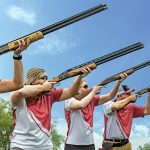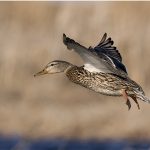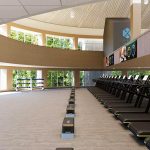Head NV and HTm Sport GmbH, a subsidiary of Head NV, reported that overall, sales for the group declined by nearly 1.4 percent for the first six months of the year.
In winter sports, the company said the good early snow in 2010/2011 season did not last in Europe, and by mid-January sales reorders reduced considerably driving sales down in the division by nearly 7 percent for the first quarter. This was reversed in the second quarter when sales increased by 18.7 percent driven mainly by earlier shipments of bindings under contract manufacturing agreements for the 2011/2012 season and a favorable product mix for boots.
Head said the tennis division was particularly impacted by the weakening of the U.S. dollar against the euro which occurred in the second quarter. Overall volumes increased in both balls and racquets for the first six months of the year, but the exchange rate movements combined with an unfavorable product mix in racquets resulted in lower reported sales for the division.
While the diving market started well in 2011, it was severely impacted by both political turbulence in key dive destinations in North Africa and natural disasters in Australia and Japan, which resulted in a decline in sales for the first quarter. Some recovery was made during the second quarter when volumes increased, but these were impacted by exchange movements resulting in overall reported sales being broadly flat for the first six months of 2011.
The company's newly introduced Sportswear Division generated a further â¬1.1 million in sales in the second quarter matching those achieved in the first quarter.
The adjusted operating loss for the six month period improved marginally by â¬300,000 compared to prior year. This was mainly due to a â¬1.5 million positive movement in other operating items, primarily due to exchange rate gains, offset by lower sales and increased raw material prices which reduced the gross margin by one percentage point fro million 42 percent to 41 percent.
The net loss for the six months increased by â¬1.8 million due to non-cash share based compensation income in 2011 being lower by â¬3.4 million and higher interest and other finance expense of â¬2.7 million, offset by lower foreign exchange losses of â¬3.8 million and the small improvement in the adjusted operating loss. The increase in interest and other finance expense of â¬2.7 million in the period mainly arose due to the buy back of â¬14.4 million of par value senior secured notes and the resultant acceleration of the amortization of non-cash disagio costs of â¬2.4m.
Operating cashflow for the six months declined by â¬9.6 million due predominantly to movements on accounts payable. The increase in working capital is a result of returning to more normalized levels after the very tight levels during 2009 and 2010 which cannot be maintained long term.
Head management said they continue to forecast a lower operating profit in 2011 than the company achieved in 2010.













